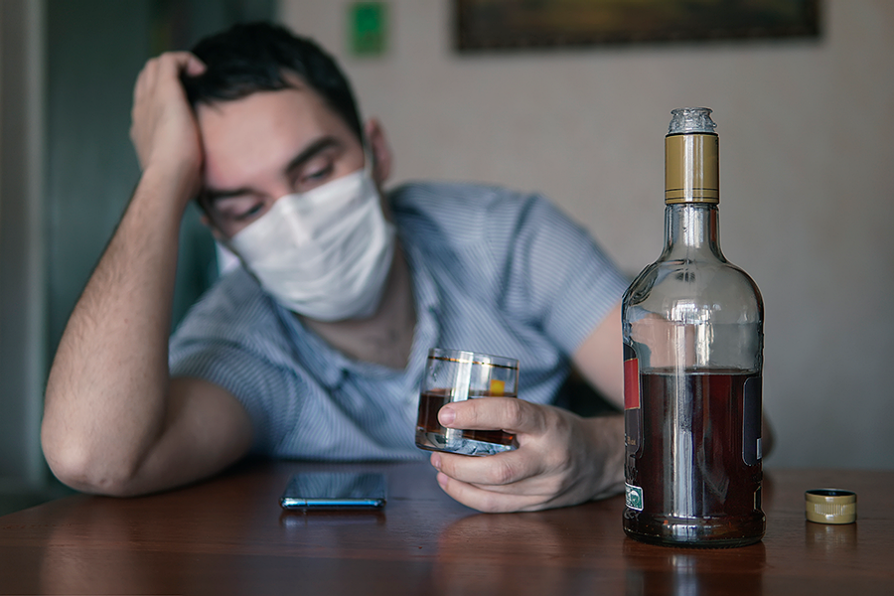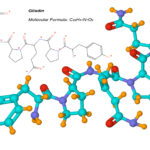By Annette Pinder
A study in the March journal Alcohol and Alcoholism, provided a comprehensive assessment of drinking patterns during the COVID-19 pandemic and their association with four major mental health disorders in the U.S. The researchers looked at alcohol consumption among 3,600+ U.S. residents, and how their drinking patterns impacted their experience with anxiety, depression, stress, and post-traumatic stress disorder (PTSD).
“We found that people who maintained consistent drinking patterns had lower prevalence of mental health issues than abstainers or those whose drinking pattern changed,” said study first author Yihua Yue, a UB epidemiology and environmental health PhD student. “However, increased alcohol use and binge drinking were associated with higher odds of mental health disorders.”
The research team included undergraduate and high school students from Nichols School and Williamsville East High School. The students assisted with a poster presentation at the Public Health Partnership Conference, where the study’s findings were highlighted. They provided information on alcohol consumption during the pandemic, including drinking frequency, number of drinks per occasion, change in alcohol consumption since the pandemic, and binge drinking frequency. Symptoms of anxiety (23%), depression (27%), stress (51%) and PTSD (22%) were identified from May through August 2020, during a months-long stay-at-home policy.
According to the study, 23% of participants increased their alcohol consumption; 8% decreased; and 4% engaged in weekly or more binge-drinking. Some groups had stronger associations of alcohol consumption with mental health outcomes, including women, underrepresented groups, and people who worried about money. Additionally, people without financial concerns drank more.
Interestingly, those who drank more had lower odds of all mental health symptoms. Those who drank weekly or more often, and those who consumed 10 drinks or more per month had significantly lower odds of depression. However, those who engaged in binge drinking had higher odds of depression and stress. Study senior author Lina Mu, MD, UB associate professor of epidemiology and environmental health, noted the importance of interpreting the data carefully. Mu said that it is possible other factors not measured in the study may co-exist with alcohol use and mental health symptoms. For example, socially active individuals may regularly consume moderate amounts of alcohol and display greater resilience when facing mental health challenges. This might mean that their mental resilience, and not their alcohol use, protects them from mental health problems. It may also be the case that financially stable individuals may engage in moderate alcohol consumption, but have better access to help for stress management and other mental health issues. However, individuals with financial difficulties may be more susceptible to excessive alcohol consumption and have less access to help.
Noting that it is important to study this further, Mu said it is important to understand the changes people experienced during the pandemic that influenced their mental health to be better prepared for the future. The study included researchers from Vanderbilt, University of St. Andrews, UCLA, University of Southern California, Shanxi Medical University, and University of Wisconsin, Madison.












